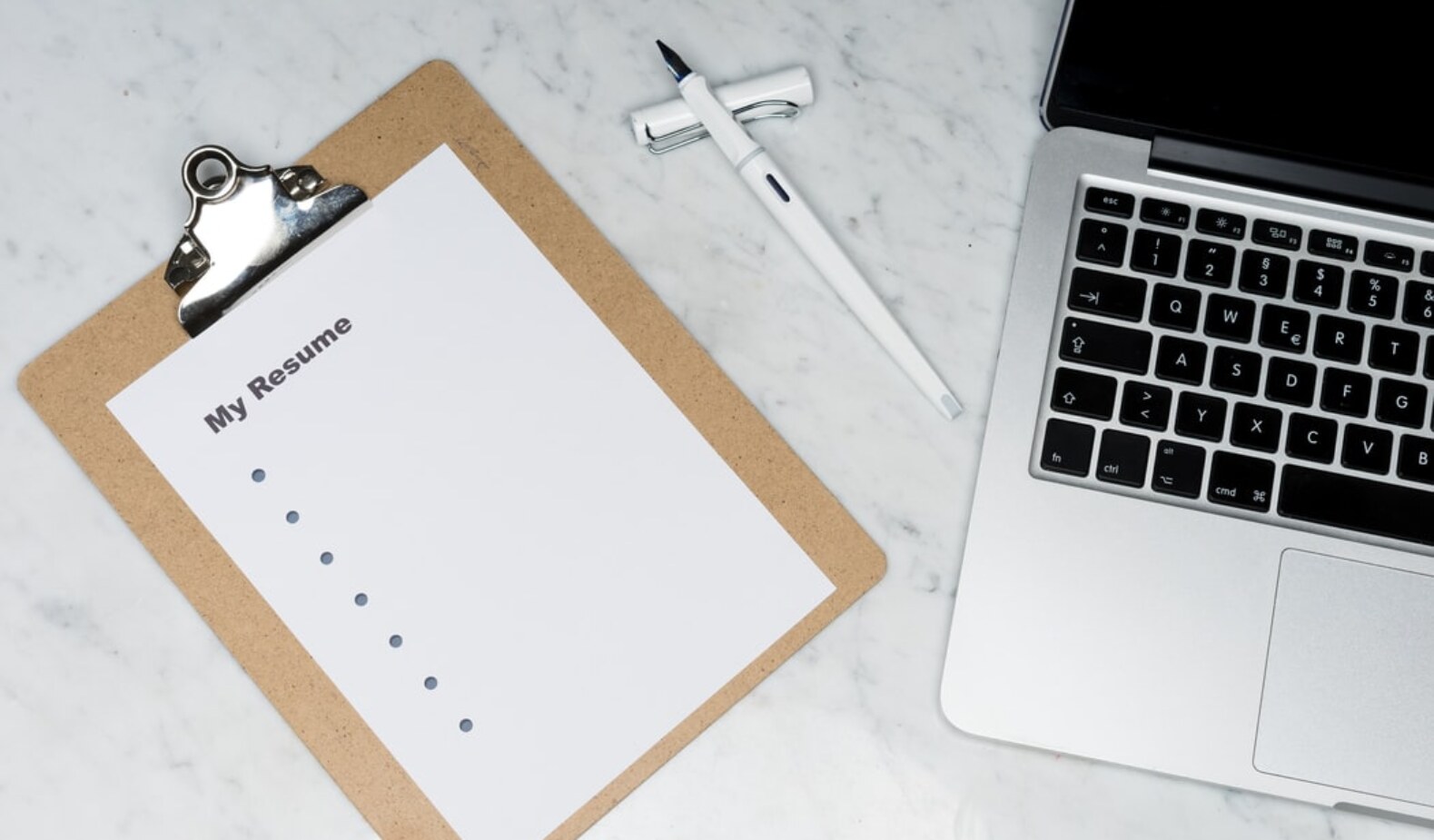Table of Contents
Writing a resume is trickier than it sounds, especially because the requirements and expectations are different for each country. Before you start your job search in France, Here are some tips to help you write a resume (CV in French) for the local work market.
Tip #1: Mind the length
Before getting started with your resume, you should know the expected layout. In France, unless you have 10+ years of experience, it should fit in one page (one-pager). It means you won’t be able to present all the details of your previous jobs. Instead, you will have to cherry-pick your responsibilities and achievements to present only the most relevant information on your profile.
And since we live in the age of technology, make sure you include all the keywords associated with the position(s) you are applying for in your CV. Your first goal is to get your resume into the hand of the recruiter.
If you have a more senior profile (10+ years of experience), you can add a second page, but make sure to keep it under 3 pages. A good idea to shorten your CV is somertimes to group your achievements by skills rather than by company or position.
Tip #2: sober vs. creative resume
In most industries, a sober resume is a must. Most of the time, creative layouts and vivid colors will be interpreted as a lack of understanding of corporate communication standards. However, this does not necessarily mean you have to use a plain black and white Word document. Feel free to use a nice set of fonts and one color to highlight your CV with sobriety, but don’t overdo it.
The only situation where it is considered appropriate to use a creative layout is when you are applying for a job with a sizeable creative component. In this case, it’s not only okay to go off the beaten course, it’ll count as a highlight during the selective process.
When styling your resume, think black & white. Many recruiters print the candidates’ resumes before the interview and won’t bother printing it in color. Think about that before using a dark background!
Tip #3: use a title and an introduction
Your resume should include a title that clearly indicates the position you are applying for as well as a short introduction to your profile in 2-3 sentences. Using a title is increasingly important because, each day, more companies are using keyword analysis tools to select the applications they receive. Besides, the recruiter shouldn’t have to guess which position you are applying for. Think carefully about the terms you will use because they are decisive. It might be worth doing a keyword search for the positions you are trying to get.
Tip #4: Include a picture
This one certainly is the most controversial tip here… While it is increasingly common to find resumes without a picture in France, it remains preferable to include one. The only case in which we would advise not attaching a photo is if you feel at risk of being discriminated. It is a trade-off though: if your name sounds exotic, it might be better to put a face on it!
Extra tips
For young graduates
If you are applying for an internship or have graduated recently, it’s better to start your resume with your education. Be very descriptive if need be, because not all countries share the same academic system. You can take a look at our description of Higher Education in France to find the equivalence for your degrees in the French system.
When you lack experience, as is the case when you’re a student, it can be tricky to write a good resume. Consider your experiences in their broadest sense. It can be anything related to your professional field as well as to your passions, sports, a summer job or volunteering. All these activities give you qualities or skills that you can highlight in your CV: autonomy, teamwork, taking initiatives, etc. Anything that will make you stand out from the crowd is welcome on your resume.
For junior positions
You’ll want to start your resume with your most recent and/or relevant work experiences before explaining. Be sure to include achievements and results that will corroborate the skills you claim to have. Use action verbs, like uplift and supervise, for the description of the jobs carried out.
Remember to specify the languages you speak as well as your level, mention any language tests you might have taken as well as your scores. Finally, include all your relevant computer skills, these are essential today.
Proof reading
Writing a resume in another language is always a challenge. It is a document with a number of codes and unspoken rules, so make sure your final version is proofread by a native speaker.
Once you have been successfully pre-screened by a recruiter, they will contact you. Here is an explanation of how salary and remuneration work.





Leave a comment